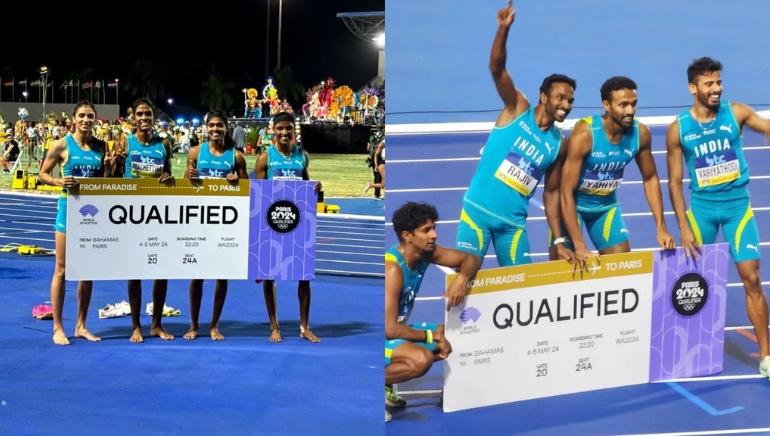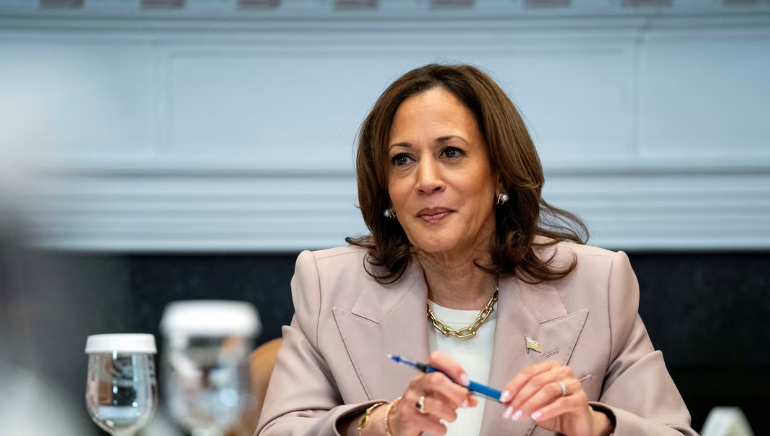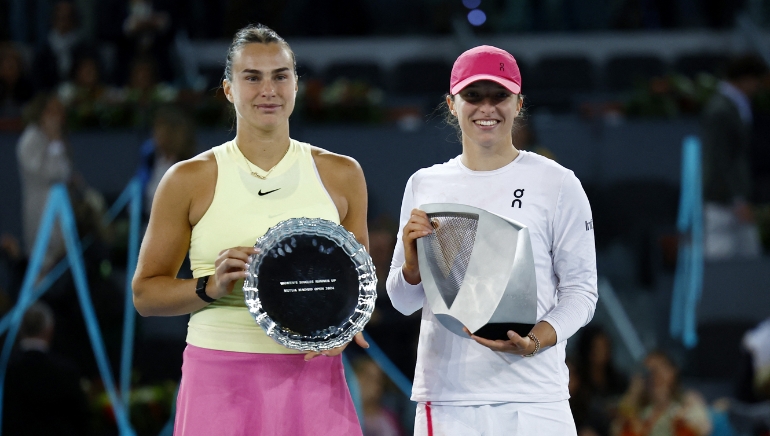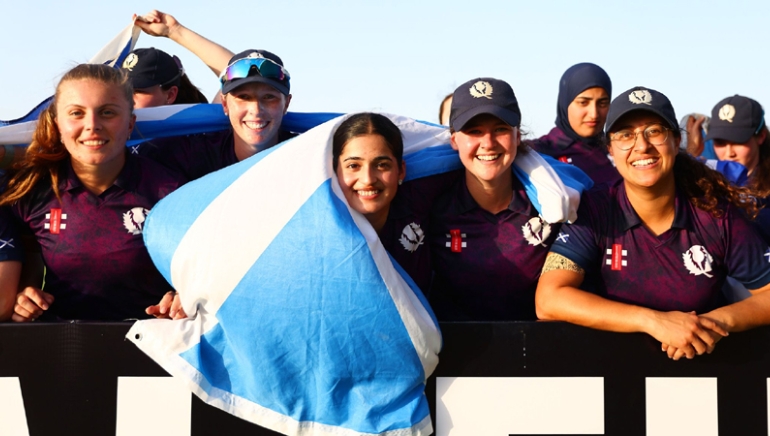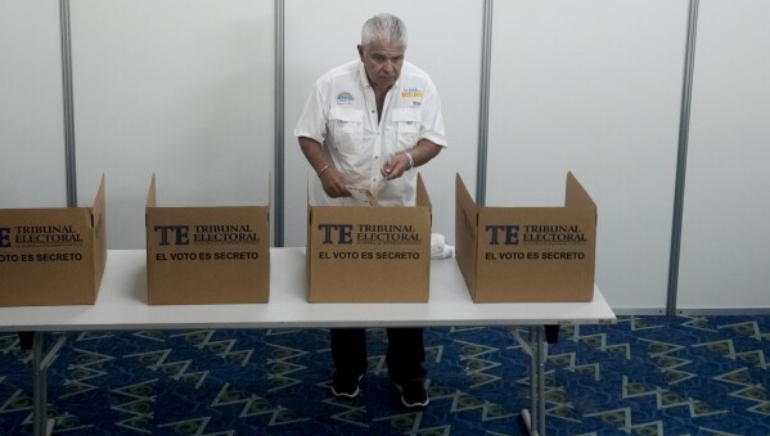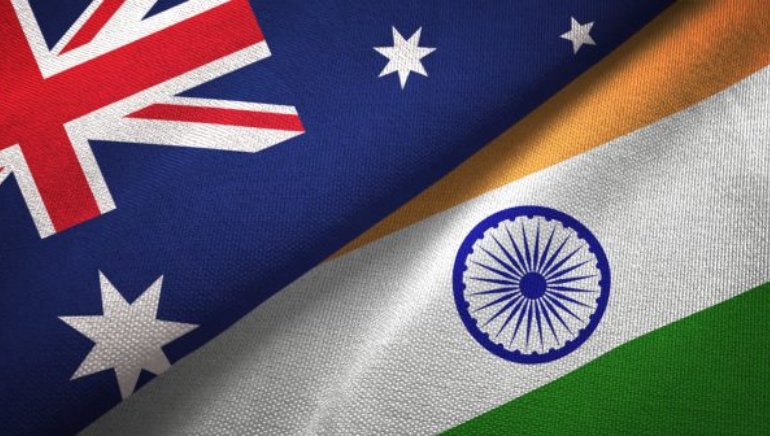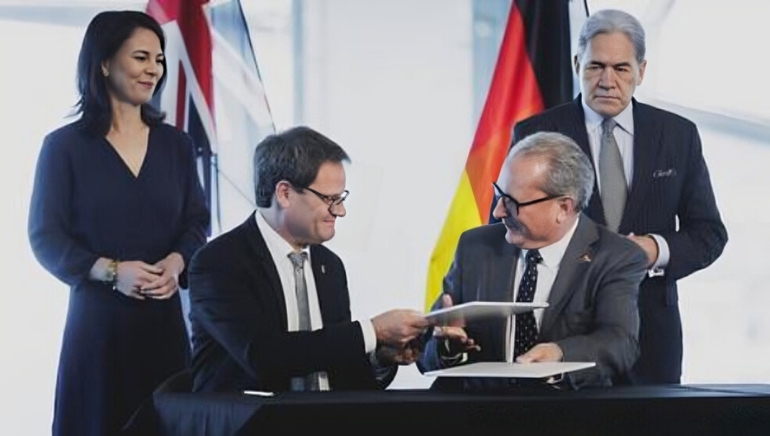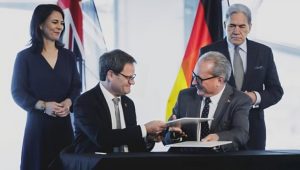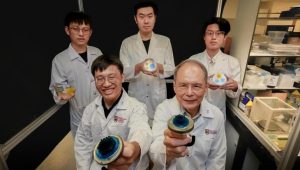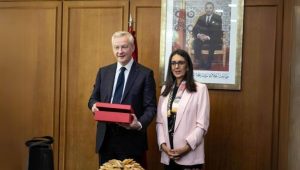The Indian men’s and women’s 4x400m relay teams secured spots in the Paris Olympics by finishing second in their respective heats at the World Athletics Relays.
The men’s team, which included Muhammad Anas Yahiya, Muhammad Ajmal, Arokia Rajiv, and Amoj Jacob, finished in 3:03.23, while the women’s team, which included Rupal Chaudhary, MR Poovamma, Jyothika Sri Dandi, and Subha Venkatesan, finished in 3:29.35. They qualified after placing second behind Jamaica and the US, respectively.
The women’s qualification came as a bit of a surprise considering the attention that has been paid to the men’s team’s accomplishments, despite their impressive performance in recent events.
The women placed fifth in the first qualifying rounds, while one athlete’s mid-race withdrawal owing to cramps caused problems for the men. However, the men’s team made a remarkable comeback, securing their spot with a splendid finish by anchor-leg runner Amoj Jacob.
In addition to the teams’ qualification, India will send 19 track and field competitors, including Neeraj Chopra, to the Olympics in Paris. The men’s team is participating in its fourth Olympics, while the women’s team is making its eighth appearance.
Beginning on August 1st, the Games’ athletics programme will feature 70 relay teams that qualified after the World Athletics Relays.





